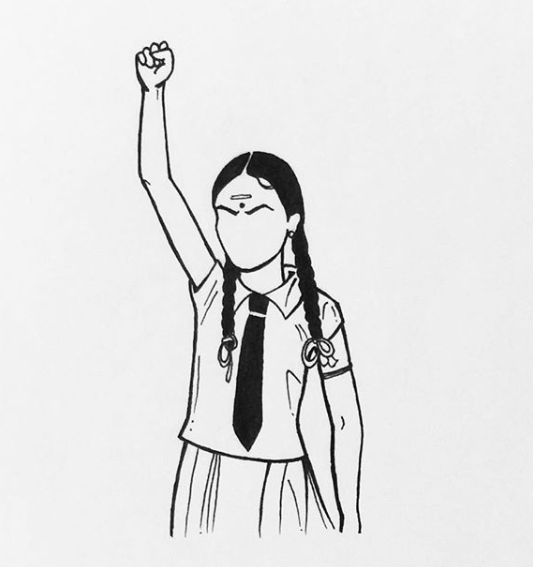TG View: A step in the right direction for Peel

On Wednesday evening, the Peel District School Board in Canada made a welcome reversal. It retracted a tweet that was sent out ‘clarifying’ their position on the Tamil genocide, following pressure from Sri Lanka’s foreign office. Peel has now acknowledged that it was wrong to do so and accepted that its actions “resulted in pain to Tamil students, their families and the Tamil staff,” whilst pledging to recognise and support efforts around Tamil genocide education going forward. The move is a promising gesture and marks a victory for activists in Canada, in the Tamil homeland and around the world in their fight for accountability and justice.


